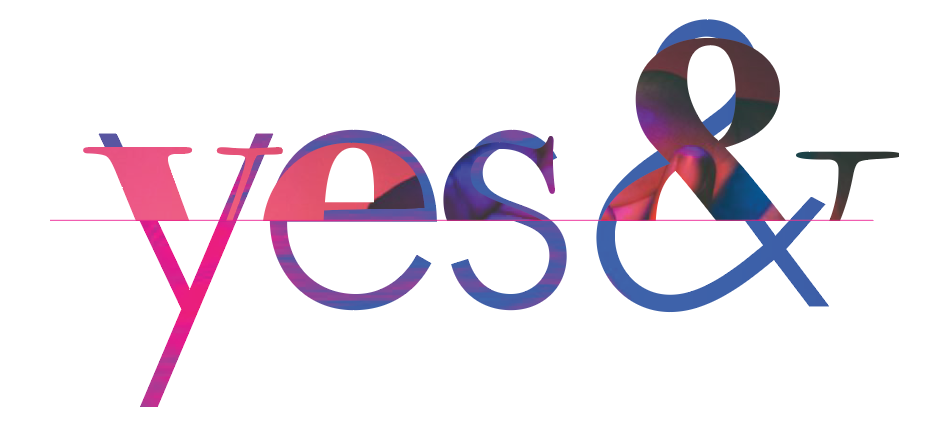In my own (recent) experience with web development, I’ve been introduced to a way of working that differs from the “me first” approach I’ve grown accustomed to in my creative work. Coding is, for the most part, an open-source ideology, one that makes knowledge available to those who wish to seek it out. The idea that any work is so readily dissectible instills a new kind of self-awareness when creating the work: there’s nothing to hide. This is both frightening and liberating. The work is exposed and implies a community in its transparency. The focus then becomes, I would say, one of experimenting, failing and learning over the creation of a polished, finished work. As a result, I feel alleviated of a certain kind of pressure to create the perfect thing. It’s a different way of working with implications for creative work beyond software development.
For instance, in the rules-based approach of the Conditional Design collective, process is paramount and the product is ephemeral, secondary. Their directive, “to introduce Conditional Design as a term that refers to our approach rather than our chosen media (Maurer, Luna, et al., 2013.),” takes cues from a long lineage of process-based work, the constrained parameters of the Oulipo collective, the wall drawings of Sol Lewitt, John Cage, Aleatoric music, Surrealist games and “system theories of the 1950s and 1960s (ibid, 2013).” All of these are examples of creating (designing) systems where multiple works can be created, can change and shift according to persons who interact with the system and the particular environment that the system is located within.
The collective also operates, like open-source software, on a group mentality. Each person is collaboratively involved towards the creation of the thing. No one has a particular ownership over the work but everyone is contributing towards the final output. Like software development, Conditional Design is concerned with establishing the framework, the algorithm where future works can be created. To make these ideas even more closely related, one might insist that these rules shift according to new users/participants, gradually evolving towards a more stable and contextually relevant experience for all of those involved.
References
Maurer, Luna, et al. Conditional Design Workbook. Valiz, 2013.

